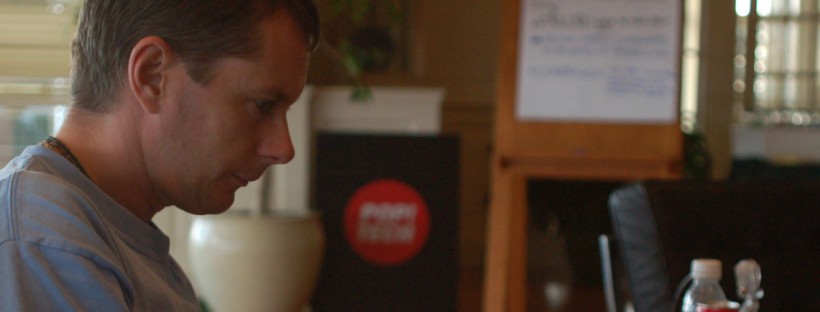During a recent flight to Zimbabwe I got chatting to a young lady (who happened to be carrying with her – as hand luggage, naturally – a very young child). I was put in the ‘big’ aisle seats. You know, the ones with no-one in front of you, just that big space before you hit the white screen and those first and business class paying passengers. At first I thought I’d got a bit of a result until I realised she had that six month old baby with her. She was breast feeding and the whole operation – baby included – was expertly hidden. She was obviously a seasoned traveller and well used to the whole exercise. (It turned out that this was her child’s third international flight, pretty impressive for someone so young). The thought of all those hours with a screaming child didn’t fill me with great joy, I must be honest.
But to be fair the child was very well behaved, and the on-off chat with the mother during the ten hour flight was interesting for a number of reasons. As we slowly got to know more about each other, it was clear that she’d had a fairly privileged upbringing. She was born in Zimbabwe but, as seems to be the norm with many Zimbabweans that I know, she was educated outside the country and had finally settled abroad. As a ‘local’ I listened intently at the things she had to say about the government, how I shouldn’t change my foreign exchange on the black market, where I shouldn’t go, how the hotel I was staying in was infamous and had bullet-proof glass around reception, how I shouldn’t pay a visit to this ‘Portugal Bar’ place in Harare, how things had got quite dangerous everywhere. It sounded like I was going to need my fair share of luck if I was to have any chance of getting out alive…
I didn’t really get thinking until after I arrived and had been there for a couple of days. Was this really the same country she was talking about?
You know, this lady now lives in the Caribbean and flies ‘home’ (that’s the subject for another blog entry, for sure) once or twice a year. She’s met by her family at the airport and is driven to one of the posher parts of Harare. There she stays in a big house, venturing out to the better shopping areas when she feels like it, all well away for what life is really like for a large percentage of the city’s population.
She seemed as detached from the reality of Zimbabwean life as I was before I got there.
 I’ve often wondered what it would be like to leave your country of birth, lose touch with its reality, see it crumble and struggle, but just carry on regardless. Sure, while things aren’t going quite so well you can understand those lucky people who have an option exercising the one which gets them as far away as possible. But, to me, losing their reality as well as their residency is much more of a worry.
I’ve often wondered what it would be like to leave your country of birth, lose touch with its reality, see it crumble and struggle, but just carry on regardless. Sure, while things aren’t going quite so well you can understand those lucky people who have an option exercising the one which gets them as far away as possible. But, to me, losing their reality as well as their residency is much more of a worry.
Eventually, when things turn around, how many of these educated, well trained, talented people are going to return to help re-build their country? Will enough of them still feel a spiritual need to return ‘home’ and help make the land of their birth a better place?
Or will they be so detached that, ultimately they have little to offer the people that had no choice but to stay?


Here are some links that I believe will be interested